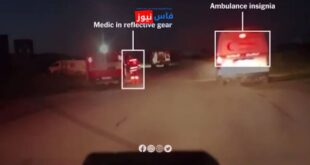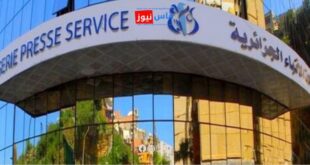The Gaza Civil Defense reported on Thursday that approximately sixty bodies were discovered under the rubble of buildings in the Shujaiya neighborhood of Gaza, following the Israeli army’s announcement of its withdrawal from the area on Wednesday evening after two weeks of intense military operations.
Mahmoud Basal, spokesman for the Civil Defense, stated in a press release: “After the Israeli occupation forces withdrew from the Shujaiya neighborhood, Civil Defense teams, with the help of residents, managed to recover about sixty martyrs at this stage.”
Basal added that these bodies were extracted from under the rubble in this eastern Gaza City neighborhood, which has become a “disaster zone” according to his description. He pointed out that “85% of the neighborhood’s buildings have become uninhabitable,” in addition to the complete destruction of the infrastructure.
On Wednesday evening, the Israeli army announced the “completion” of its operations in the Shujaiya neighborhood, which had witnessed fierce battles since June 27, leading to the displacement of tens of thousands of residents. The Israeli army claimed that this operation resulted in the destruction of eight tunnels and the killing of “dozens of terrorists” as they put it.
It’s worth noting that the war on the Gaza Strip broke out on October 7 following an unprecedented attack by the Palestinian Hamas movement on Israeli territory. This attack resulted in the death of 1,195 people on the Israeli side, mostly civilians, according to an AFP tally based on official Israeli data.
The retaliatory Israeli military campaign has led to widespread destruction in the Gaza Strip and resulted in 38,345 deaths, mostly civilians, according to data from the Health Ministry in the Hamas-run Gaza government.
These tragic events highlight the heavy price paid by civilians in this conflict and raise questions about the extent of compliance with international humanitarian law in the conduct of military operations. They also increase international pressure to reach a permanent ceasefire and find a peaceful solution to the crisis.
The discovery of these bodies in Shujaiya underscores the devastating impact of the conflict on civilian populations and infrastructure. It also emphasizes the urgent need for humanitarian access to affected areas for recovery efforts and aid distribution. The international community continues to call for an immediate end to hostilities and for all parties to prioritize the protection of civilian lives and adhere to international law.
As the situation unfolds, there are growing concerns about the long-term consequences of the conflict, including the immense challenges of reconstruction, addressing the humanitarian crisis, and the potential for lasting trauma among the affected populations. The international community remains focused on finding a path towards sustainable peace and stability in the region.
 فاس نيوز ميديا جريدة الكترونية جهوية تعنى بشؤون و أخبار جهة فاس مكناس – متجددة على مدار الساعة
فاس نيوز ميديا جريدة الكترونية جهوية تعنى بشؤون و أخبار جهة فاس مكناس – متجددة على مدار الساعة

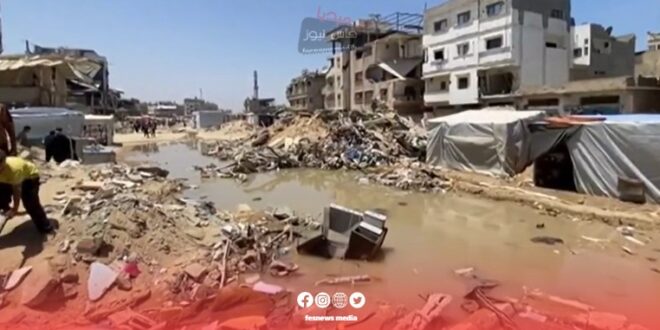



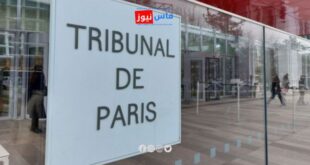
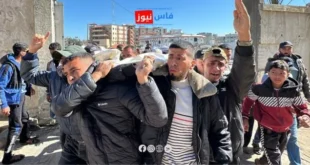

 China Assures EU: We Have Tools to Offset Economic Turbulence Amid Tensions with Washington
China Assures EU: We Have Tools to Offset Economic Turbulence Amid Tensions with Washington
